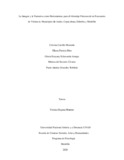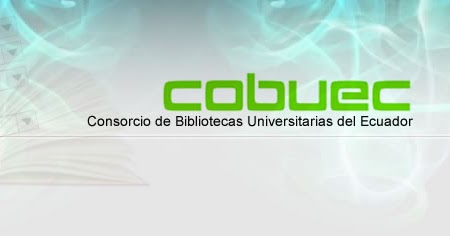Mostrar el registro sencillo del ítem
La Imagen y la Narrativa como Herramientas para el Abordaje Psicosocial en Escenarios de Violencia. Municipios de Andes, Copacabana, Dabeiba y Medellín.
| dc.contributor.advisor | Moreno, Yessica | |
| dc.coverage.spatial | cead_-_medellín | spa |
| dc.creator | Álvarez, Mónica del Socorro | |
| dc.creator | Echavarría Arango, Gloria Fanyany | |
| dc.creator | González Robledo, Paola Andrea | |
| dc.creator | Carrillo Montaño, Cristina | |
| dc.creator | Ríos, Eliana Patricia | |
| dc.date.accessioned | 2020-08-19T17:21:56Z | |
| dc.date.available | 2020-08-19T17:21:56Z | |
| dc.date.created | 2020-08-16 | |
| dc.identifier.uri | https://repository.unad.edu.co/handle/10596/35952 | |
| dc.description.abstract | El trabajo presentado a continuación tiene como principal objetivo mostrar cómo puede ser el acompañamiento psicosocial que se brinda en escenarios de violencia, con víctimas del conflicto armado en Colombia, tomando como técnica el enfoque narrativo, con el que se busca permitir a los individuos externalizar los problemas o las situaciones conflictivas y salir de ellos. Por medio de la voz, la imagen y la narrativa se llevan a cabo intervenciones psicosociales que se ajustan más a una realidad donde las víctimas tienen la capacidad de reconstruir su identidad, promoviendo la Resiliencia, motivada por la auto-comprensión del pasado que ha ocasionado tanto sufrimiento y con la esperanza de un futuro mucho mejor. Los relatos narrados han sido tomados del libro Voces Relatos de violencia y esperanza en Colombia, editado por el Banco mundial en el año 2009, de donde se escoge el relato de Modesto el protagonista del relato es un desmovilizado de las Farc que cuenta su historia de vida y de cómo siendo un indígena, resulto sin querer siendo el comandante de escuadra, para realizar una reflexión profunda con la que se realiza un informe final planteando preguntas estratégicas, circulares y reflexivas que permiten interpretar los diferentes contextos y de las cuales se obtienen las herramientas necesarias para ofrecer el adecuado acompañamiento psicosocial logrando superar la victimización. Con el caso Pandurí se plantean tres estrategias de acompañamiento psicosocial y con el cual se quiere fortalecer el desempeño desde el rol del psicólogo. | spa |
| dc.format | ||
| dc.title | La Imagen y la Narrativa como Herramientas para el Abordaje Psicosocial en Escenarios de Violencia. Municipios de Andes, Copacabana, Dabeiba y Medellín. | |
| dc.type | Diplomado de profundización para grado | |
| dc.subject.keywords | Foto voz | spa |
| dc.subject.keywords | Narrativa | spa |
| dc.subject.keywords | Secuestro | spa |
| dc.subject.keywords | Víctima | spa |
| dc.subject.keywords | Voz | spa |
| dc.description.abstractenglish | The main objective of the work presented below is to show how the psychosocial accompaniment that is provided in scenarios of violence can be, with victims of the armed conflict in Colombia, taking as a technique the narrative approach, with which it seeks to allow individuals to externalize the problems or conflict situations and get out of them. Through voice, image and narrative, psychosocial interventions are carried out that are more in line with a reality where victims have the ability to rebuild their identity, promoting Resilience, motivated by the self-understanding of the past that has caused so much suffering and hoping for a much better future. The narrated stories have been taken from the book Voces Stories of violence and hope in Colombia, edited by the World Bank in 2009, from where the story of Modesto is chosen.The protagonist of the story is a demobilized from the Farc who tells his story of life and how, being an indigenous person, I inadvertently turn out to be the squad commander, to carry out a deep reflection with which a final report is made, posing strategic, circular and reflective questions that allow interpreting the different contexts and from which the necessary tools to offer adequate psychosocial support, managing to overcome victimization. With the Pandurí case, three strategies of psychosocial support are proposed and with which it is wanted to strengthen the performance from the role of the psychologist. | spa |
| dc.subject.category | Psicología | spa |















